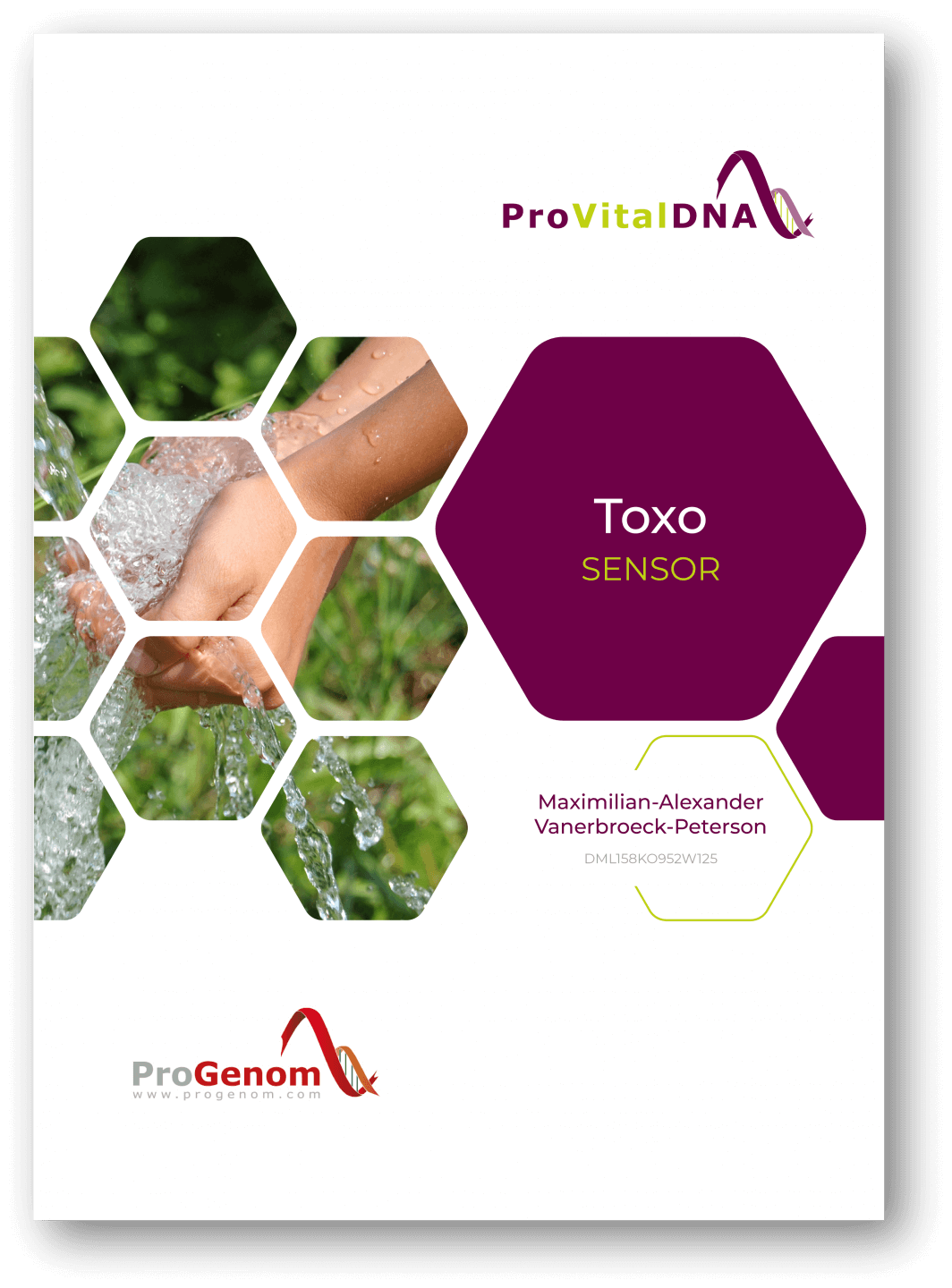Everyday Toxins Burden Our Body
In our daily lives, we are increasingly exposed to toxic pollutants, such as heavy metals like lead and mercury, chemicals like pesticides, and car exhaust fumes. These unintentionally enter our bodies but are recognized and neutralized by specific enzymes. Certain genes are responsible for the production of these enzymes.
Detoxification Ability Varies Individually
If one or more detoxification genes are mutated, our body cannot effectively neutralize these toxins, significantly increasing the risk of developing related diseases. These genetic differences partly explain why some 90-year-olds remain in excellent health despite heavy smoking due to efficient detoxification genes, while others with mutated genes develop lung cancer as early as 35 years old. Since each person carries different genetic variations, different preventive measures are also necessary to stay healthy.
It is therefore helpful to determine individual genetic detoxification capabilities. With the insights from our Toxo Sensor, detoxification processes can be optimally supported, for example, by increasing the intake of certain micronutrients.
How Does the Toxo Sensor Work?
With our Toxo Sensor, our laboratory analyzes the submitted sample for genetic variations essential for detoxification. It provides information on how effectively the body can eliminate toxins.
This way, we can identify potential weaknesses in detoxification and highlight lifestyle habits that could be harmful.
We summarize the analysis results in a detailed report, which also includes personalized recommendations for action.
Overall, the Toxo Sensor provides guidance to optimize detoxification and counteract health damages caused by toxin accumulation.
Overview of Toxo Sensor
- Analysis of 10 genes relevant to detoxification
- Reliable & ISO-certified testing procedure by our laboratory
- Written evaluation of the analysis results
- Guidance on reducing toxin exposure
- Personalized nutrition recommendations for effective detoxification









